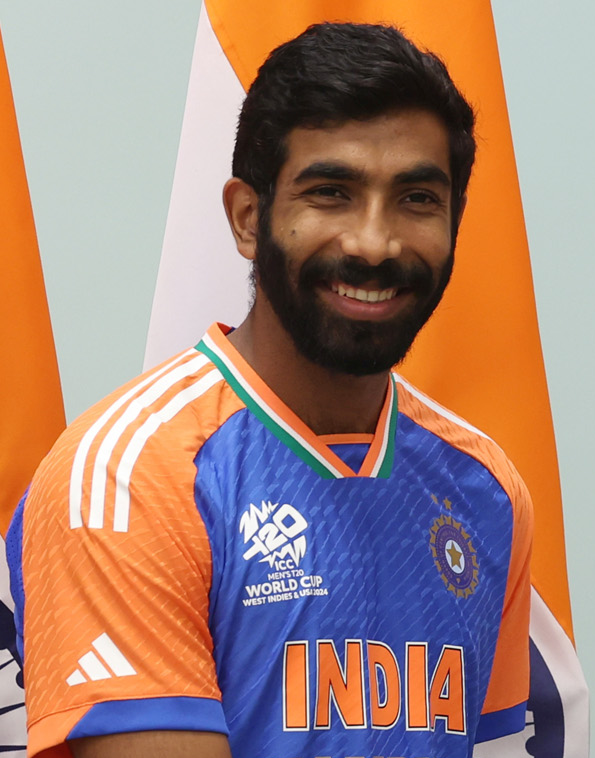Canberra Raiders' Innovative Roster Strategy: Growing Homegrown Talent

In recent seasons, the Canberra Raiders have shifted their roster strategy towards cultivating homegrown talent, a move that is yielding significant results in the National Rugby League (NRL). Under the guidance of head coach Ricky Stuart, the Raiders have embraced a philosophy of prioritizing youth development over high-profile signings, which has drawn both scrutiny and praise as the team finds itself competing at the top of the league.
Historically, the Raiders have been known for their unique approach to recruitment, often looking beyond traditional talent pools. Since joining the Australian Rugby League (ARL) Premiership in 1982, the team has adapted its recruitment strategies in response to changing dynamics in player availability. In the early years, they attracted notable Queensland players like Mal Meninga and Gary Belcher. As competition intensified, the focus shifted to New Zealand and later to England, bringing in stars such as Josh Hodgson and John Bateman. However, in the last two years, the emphasis has notably shifted towards nurturing local talent from New South Wales.
According to Ricky Stuart, who has been instrumental in this transition, the Raiders must 'grow our own' due to the lack of high-profile players available for transfer. "Mate, I don’t have the luxury of having two or three players dropped on my doorstep every season," Stuart stated in an interview with Fox Sports on June 27, 2025. This strategic pivot appears to be paying off, as the Raiders have successfully integrated young talents such as Ethan Strange and Savelio Tamale into their roster, capitalizing on their potential while maintaining a strong team culture.
The Raiders’ recent success can be attributed to both their tactical foresight and a commitment to a nurturing environment. Don Furner, the Raiders’ CEO, emphasized the importance of culture in attracting and retaining young players. "It’s remarkable to think from NSW’s victorious under-19s State of Origin side two years ago, Canberra has five of the starting 13 on contract," Furner remarked, highlighting the club's investment in youth.
Further supporting this initiative, Stuart emphasizes the importance of building genuine relationships with player families. His approach includes inviting young players and their families to his home for discussions that extend beyond football. "I promise parents that I’ll care for them as a father figure, but the kid has to be good enough to play first grade too," he explained. This personal investment not only reinforces the Raiders’ commitment to their players but also fosters a sense of belonging, which is crucial for young athletes transitioning to professional sports.
Despite this successful youth-centric strategy, challenges remain. The Raiders have made attempts to secure established players like Eli Katoa and David Fifita but have faced hurdles in negotiations, often opting to invest in their existing young talent instead. This long-term vision is echoed by Furner, who noted, "Some coaches don’t have to think that far ahead, but Rick doesn’t want to leave the club in a difficult salary cap situation."
The Raiders’ disciplined approach to roster management, which prioritizes sustainability over immediate success, has led to a unique team dynamic. Players like Jamal Fogarty, who has emerged as a key figure in the team’s success, highlight the effectiveness of this strategy. However, as Fogarty's contract negotiations unfolded, the Raiders faced the reality of balancing current performance with future potential, ultimately losing him to the Manly Sea Eagles.
As the Raiders continue to navigate the complexities of player recruitment and retention, their focus on youth development and cultural integrity sets a precedent in the NRL. The team's journey reflects broader trends in professional sports, where sustainability and long-term planning often outweigh the allure of immediate star power. As they move forward, the Raiders are not just building a team for today but one that is positioned to thrive in the years to come. The implications of this strategy could reshape the landscape of the NRL, emphasizing the value of homegrown talent in a league increasingly dominated by high-profile signings.
This ongoing evolution within the Raiders organization represents a significant case study in modern sports management, illustrating the potential benefits of prioritizing youth development and cultural cohesion over transient success. With their eyes firmly set on the future, the Raiders exemplify a model that other teams may soon follow in the competitive world of professional rugby league.
Advertisement
Tags
Advertisement





